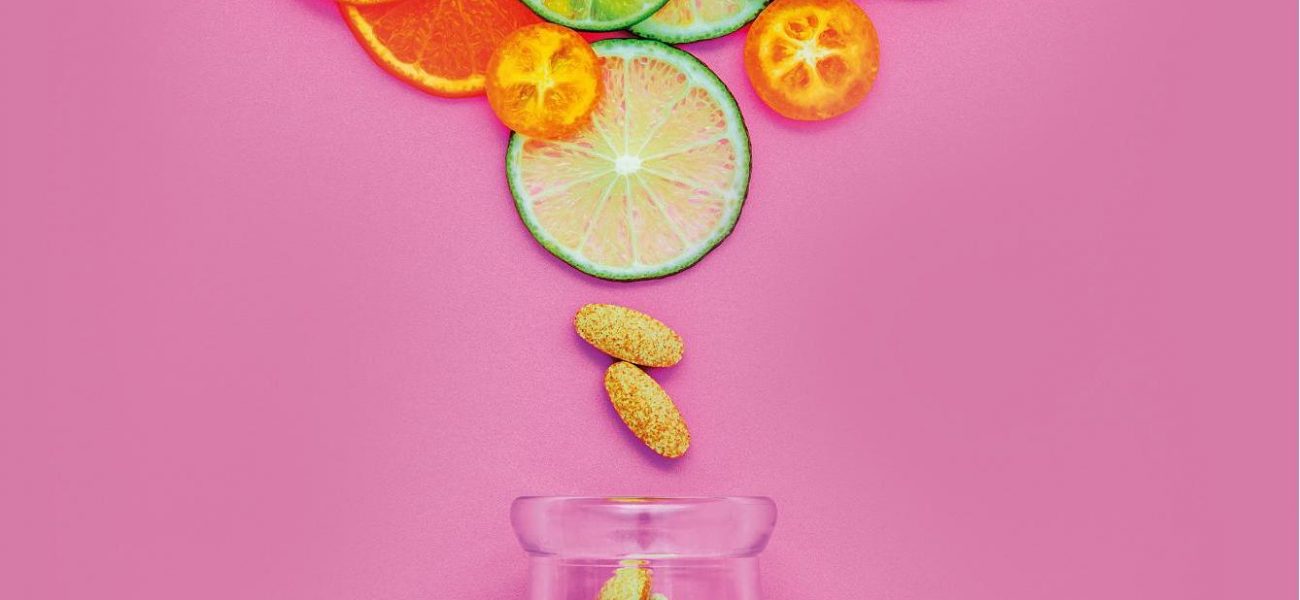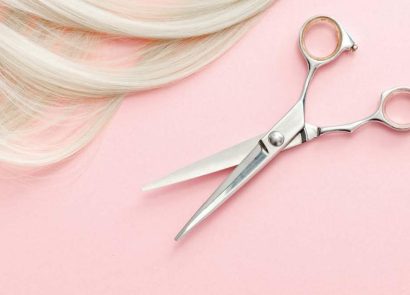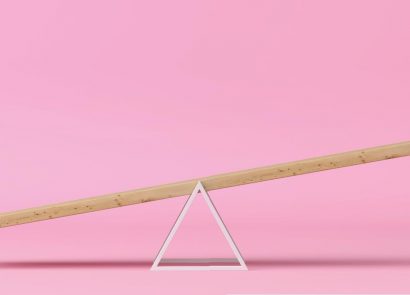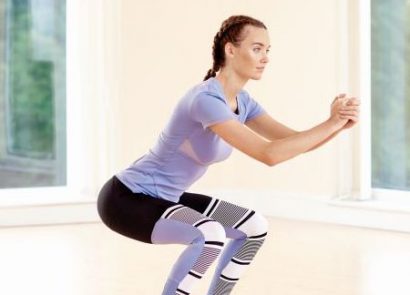Working out what vitamins to take every day can lead to confusion. Here, we cut through the noise and focus on what you actually need…
Cast your mind back to yesterday: you can probably remember what you had for breakfast, lunch and dinner, but how much thought did you give to your vitamin intake? Nutritional deficiencies can be hard to spot and can cause a range of symptoms, from lack of energy and headaches to insomnia and even muscle pain – much of which we dismiss as just getting older. But according to The National Diet and Nutrition Survey, many of us are eating far less than our recommended amount of key nutrients. So, can you really reboot your health with vitamin supplements? We asked the nutritional experts to weigh in.
Vitamin A
While it might be at the front of the alphabet, we don’t tend to give vitamin A credit where due – not only is it great for boosting our immune system, but it also helps keep our skin healthy too. However, over the past 20 years, our consumption levels of vitamin A are down by 21 percent, according to a study done by the Health and Food Supplements Information Service. “Vitamin A can’t be made by the body, so if you’re not regularly eating foods that contain it, this can result in a deficiency,” says nutritional expert Dr Emma Derbyshire (hsis.org). “Even a slight deficiency in this vitamin can lead to dry hair, a dry mouth or dry and itchy skin.” For flexitarians, vitamin A shouldn’t be too hard to come across. “The richest natural sources of vitamin A are fish liver oil and animal liver,” says Dr Derbyshire. “But you can also find it in oily fish, egg yolk, cheese, fortified margarine, butter and full-fat milk. However, most people find it hard to get enough vitamin A from their diet alone, especially if they’re vegetarian, vegan, or not including dairy in their daily diets. If so, people should bridge dietary gaps with a multivitamin and multimineral supplement that contains it.”
Vitamin B12
If you’re following a plant-based diet, you’re probably already familiar with vitamin B12. “Those adopting vegan diets are at a higher risk from low vitamin B12 intakes, but the growing number of vegetarians and flexitarians who are reducing their meat intake might also be in this bracket, as this vitamin is only found in animal products or fortified foods,” says Dr Derbyshire. “Often, a deficiency will occur either because you’re not incorporating enough foods that are rich in B12 into your diet or because your body has difficulty absorbing the vitamin. B12 is essential in the functioning of the nervous and immune systems and a deficiency can lead to a form of anaemia called pernicious anaemia, which causes your immune system to attack the cells in your stomach.” A lack of vitamin B12 also leads to tiredness, weakness, loss of appetite, constipation and weight loss. “Good sources of vitamin B12 include meat, fish, eggs, dairy products and fortified breakfast cereals,” says Dr Derbyshire. “While nutrients such as B12 should be obtained from eating a balanced diet, this is often a challenge for a lot of people and that’s where supplements can really help.”
Vitamin C
Remember the tale of the sailors who developed scurvy because they weren’t eating enough oranges? While that isn’t too likely for any of us, keeping up our vitamin C intake is important for a lot of different reasons. “Vitamin C plays an important role in collagen production in your body, supporting a healthy immune function and maintaining healthy gums and teeth,” explains nutritionist Jenna Hope (jennahopenutrition.com). According to the National Institutes of Health, the recommended amount of vitamin C is 75mg a day for women. To put it into perspective, a small orange contains around 50mg of vitamin C. “Vitamin C is commonly found in fruits and vegetables, so if you’re consuming the recommended amount of five portions of fruit or vegetables per day, then you should be getting enough,” says Jenna.
Vitamin D
According to the NHS, over ¼ of women are reported to have low or borderline low levels of vitamin D. “The primary function of vitamin D is for bone health and to help your body use calcium effectively,” explains nutritionist James Collier (huel.co.uk). “But it has other health benefits, such as aiding your immune system and your cardiovascular and lung health.” The best way to synthesis vitamin D is from sunlight, but in the UK, we can’t make vitamin D from the sunlight during the months of October to April. “If your own shadow is shorter than your height then you should be able to synthesis vitamin D from the sunlight,” explains Laura Street, in-house nutritionist for Marks & Spencer. “Other reasons that contribute to the suboptimal vitamin D levels in the nation are the use of sun cream (which is, of course, important to prevent us from skin cancer), covering our skin, and poor weather.” So, is sunlight the only way we can top up our levels? Not exactly, as James explains: “You should be having a much higher intake of vitamin D if you’re not getting enough sunlight – this is where supplementation can come in handy.”
Vitamin B7
More commonly known as Biotin, B7 is a water-soluble vitamin that helps the body metabolise fats, carbohydrates, and protein. You might also know it for being a key ingredient in achieving luscious locks and shiny, strong nails. “Vitamin B7 (or Biotin) plays an important role in keratin production, a protein required for maintaining healthy hair,” says Jenna. “It’s also essential for promoting skin health and monitoring cholesterol levels in the body, alongside helping to metabolise any carbohydrates you eat for energy. Factors such as medications, gastrointestinal disorders, and a restrictive diet can increase the risk of deficiency in this vitamin. Consuming a healthy balanced diet and a wide range of foods including eggs, vegetables, cheese, meat, fish and avocados, to name a few, should ensure you get the right levels of B7.”
Supplements made simple
Get these health-boosting products delivered straight to your door.
1. Boost B12 Oral Spray, £11.95, betteryou.co.uk

2. Holland & Barrett Skin Hair & Nails Formula Caplets, £34.99, hollandandbarrett.com

3. Boots Multivitamins 180 Tablets, £6, boots.com

4. Link Nutrition Vitamin Complex, £11.95, amazon.co.uk





















